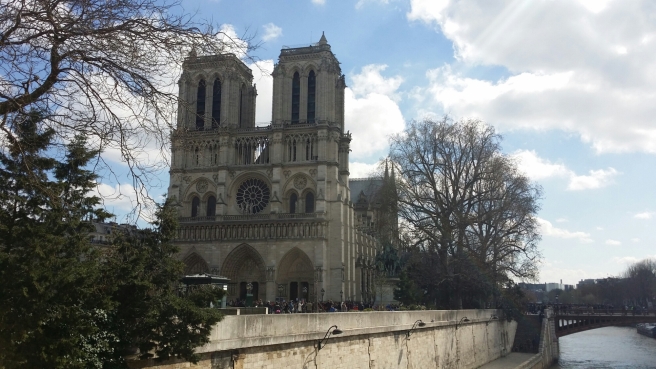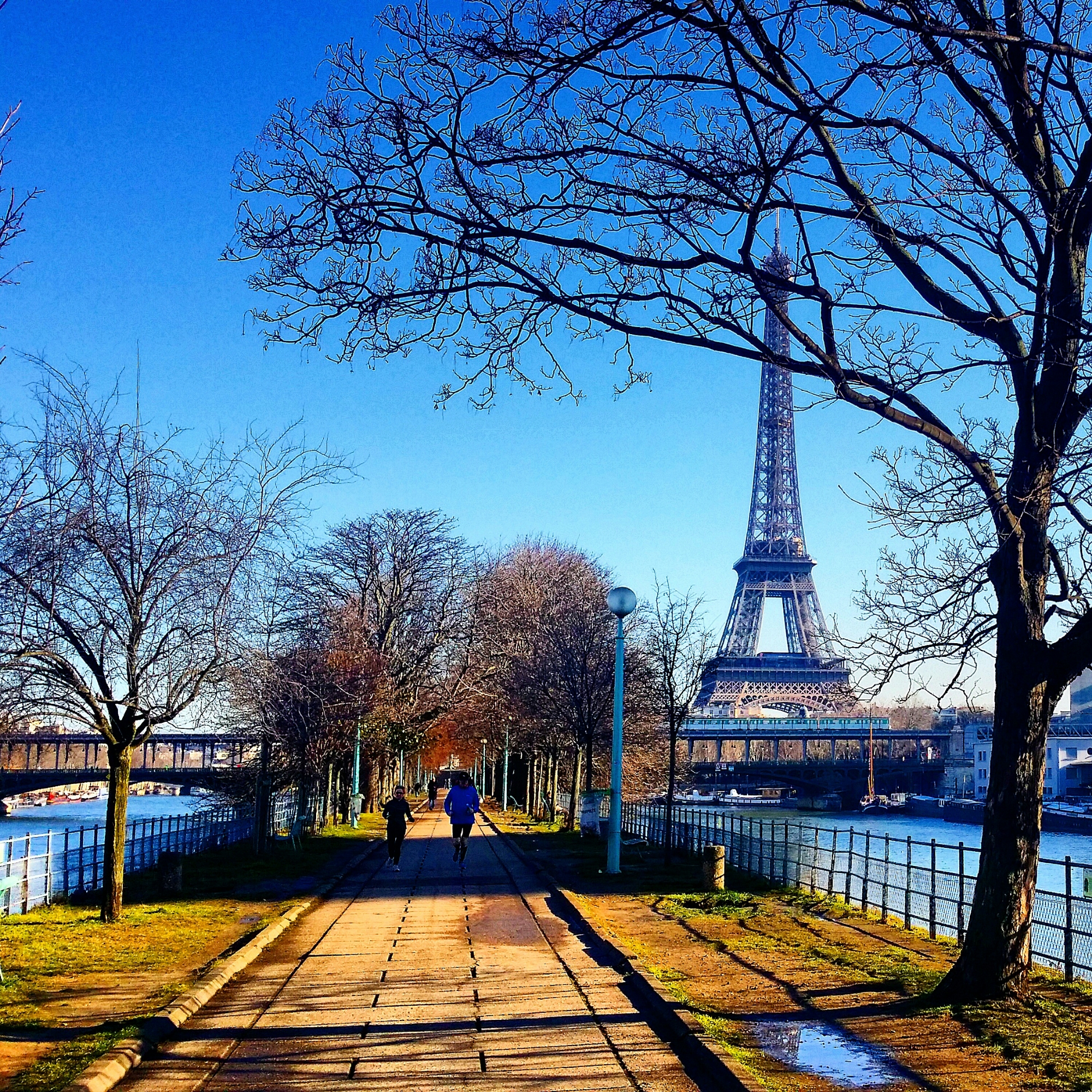‘I have always believed, and I still believe, that whatever good or bad fortune may come our way we can always give it meaning and transform it into something of value.’
Hermann Hesse
Back in primary school, we used to play a creativity game called Fortunately, Unfortunately. We would begin with a story starter, such as ‘fortunately, my parents bought me a car for my birthday.’
We would then take it in turns to think of alternating fortunate and unfortunate occurences to keep the story going. So, the above story might go something like ‘unfortunately, it was tiny and crappy like the car belonging to Simon from The Inbetweeners,’ ‘fortunately, I’m only 5 foot 2,’ ‘unfortunately, even a 5 foot 2 person can’t drive a car without any doors,’ ‘fortunately, my boyfriend is a mechanic,’ ‘unfortunately, he’s on holiday in the Bahamas,’ ‘fortunately, his workshop have offered to fix it over the weekend,’ ‘unfortunately, I want to use it tomorrow to go on a roadtrip,’ etc. etc. until the story got too preposterous to be a valuable learning activity and we would move onto something more ‘valuable’ like tracing around our friends’ silhouettes and colouring them in with pastels.
The reason I mention this is that I had my first French cinema experience the other day. The French were having yet another public holiday (I’m not complaining), but the weather was wet and miserable and not conducive to a nice evening picnicking in the park, so we decided to spend our alcohol-and-baguette money on movie tickets instead.
Pitch Perfect 2 has not yet been released in France, but not in the mood for violence or gore or horror or rather crappy looking cartoons, we chose to see Disney’s new Cinderella, or Cendrillon. It was a really enjoyable movie, and Ella was a little bit of a better role model than the traditional doormat princess of the animated Disney classic. Just a little.
But just because I enjoyed the movie, it doesn’t mean I enjoyed the entire French Cinematic Experience. On the metro ride home, I played Fortunately, Unfortunately with myself in my head, a transcript (with the constant Jamie banter edited out for your sanity) of which I will relay here.
To kick us off: unfortunately, the theatre needed updating, and was still using a projector – which, of course, froze part way through.
Fortunately, just being at the movies again reminded me of home and made me feel warm and fuzzy.
Unfortunately, the cinema didn’t sell frozen Coke, and the Coke that they did offer wasn’t properly refrigerated – not a proper Kiwi movie experience.
Fortunately, they did at least have the classic pic n mix selection of lollies, as well as a choice of sweet or salty popcorn.
Unfortunately, the theatre was not cleaned during the change over between screenings, and I very nearly ingrained sweet and/or salty popcorn into the seat of my jeans.
Fortunately, my popcorny seat did provide a warm and cozy haven from the rain.
Unfortunately, I’d had to pay a small fortune for the privilege of having a seat – cup holder not included. For two girls used to free movies at the Lido, this was a big deal.
Fortunately, at least I wasn’t paying a small fortune to watch a movie in a language I don’t really understand, as it was screened in English with French subtitles.
Unfortunately, the subtitles messed with my already-too-short attention span and I spent a lot of time looking at the funny words on screen, rather than watching the film.
Fortunately, the English language and French subtitles discouraged people from bringing their illiterate, non-English-speaking children to the cinema so the theatre was blissfully free of screaming kids.
Overall synopsis: Cinderella is worth seeing, but maybe not in a French theatre. The only other movie I’ll be paying that dearly for and surviving without my frozen Coke for is Pitch Perfect 2 – although by the time it is released here, I’ll probably be able to find it on DVD.
French Cinematic Experience: 3 1/2 stars.
















